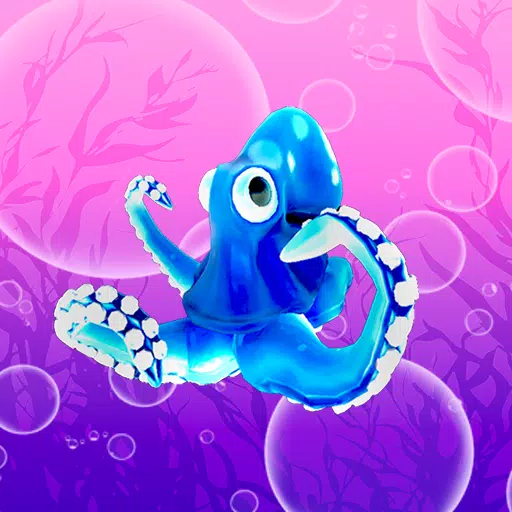In the ever-evolving world of video game development, Capcom is pushing the boundaries by integrating generative AI to manage the daunting task of creating "hundreds of thousands" of ideas needed for in-game environments. As costs soar, game publishers are increasingly turning to AI to streamline processes and reduce expenses. For instance, Call of Duty reportedly introduced an "AI-generated cosmetic" for Call of Duty: Modern Warfare 3 in late 2023, sparking debates among fans over the use of AI in creating game content. Similarly, EA has declared AI to be at the "very core" of its operations, highlighting the growing reliance on these technologies across the industry.
In a recent discussion with Google Cloud Japan, Kazuki Abe, a technical director at Capcom with experience on major titles like Monster Hunter: World and Exoprimal, shed light on how Capcom is harnessing AI in its development pipeline. Abe pointed out that one of the most labor-intensive aspects of game creation is generating a vast number of unique ideas. This is particularly true for designing everyday objects like televisions, which need distinct designs, logos, and shapes. "Including unused ones, we ended up having to come up with hundreds of thousands of ideas," Abe noted (via Automaton).
To address this challenge, Abe developed a system where generative AI can analyze various game design documents and generate multiple proposals for thousands to tens of thousands of objects per game. Each proposal includes not only illustrations to effectively convey the concept to art directors and artists but also accompanying text. This approach not only speeds up the ideation process but also allows the AI to provide feedback on its outputs, continuously refining its results.
Abe's prototype leverages multiple AI models, including Google Gemini Pro, Gemini Flash, and Imagen, and has garnered positive feedback from Capcom's internal teams. The implementation of this AI system promises to "reduce costs significantly" while simultaneously enhancing the quality of the game environments.
Currently, Capcom's use of AI is confined to this particular system, ensuring that other critical aspects of game development, such as ideation, gameplay, programming, and character design, remain the domain of human creativity and expertise.















